Have you ever felt the reassuring presence of a loyal dog by your side, sensing their unwavering devotion and readiness to protect you at a moment’s notice? For countless dog lovers, this deep bond is both heartwarming and awe-inspiring. Protective dogs aren’t just companions; they’re guardians, often willing to put themselves between their family and danger. But with this fierce loyalty comes responsibility—understanding and managing their protective instincts ensures harmony at home and in public. Here’s a captivating journey through 20 dog breeds celebrated for their protective nature, along with practical tips to nurture their strengths and prevent unwanted behaviors.
German Shepherd
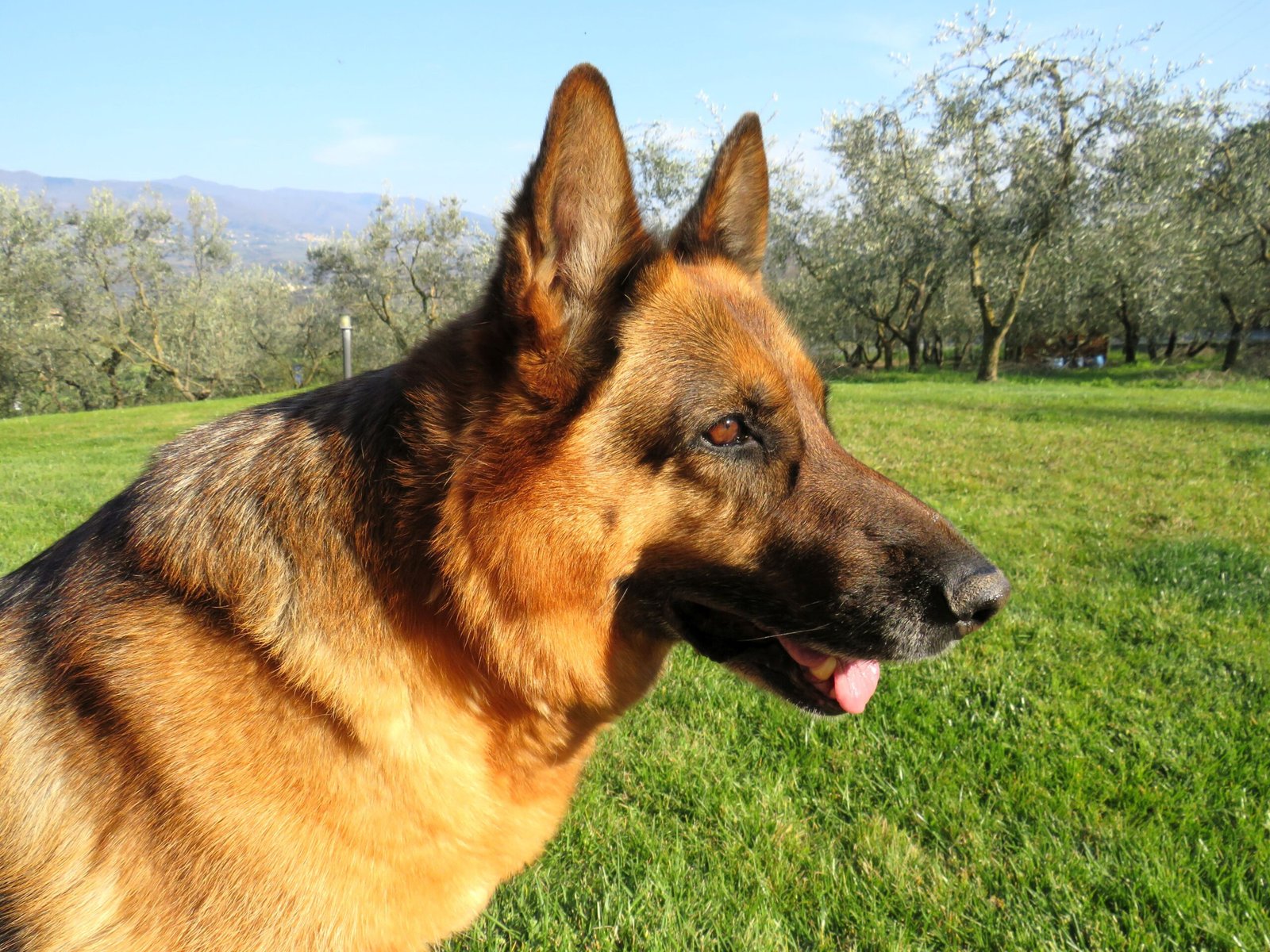
Some dogs are born with a natural drive to protect — whether it’s their home, family, or even the neighborhood park. These protective instincts can be an incredible asset when paired with proper training and socialization, but without guidance, they can sometimes lead to overreactions or unwanted aggression. From loyal guardians like the German Shepherd to alert watchdogs like the Doberman Pinscher, these breeds are known for their strong sense of duty.
German Shepherds are legendary for their protective instincts, making them one of the world’s most popular guard dogs. Originally bred for herding and protecting sheep, their alertness and intelligence have translated seamlessly into roles as police and service dogs. Their loyalty to their family is unwavering, and they often form deep emotional bonds. However, their protective nature can sometimes manifest as over-guarding or suspicion toward strangers if not properly socialized. Early training and regular socialization are essential to help German Shepherds distinguish between real threats and everyday situations. Engaging them in obedience classes and providing plenty of mental stimulation helps channel their energy positively. Consistency, patience, and positive reinforcement go a long way in shaping a well-balanced German Shepherd.
Rottweiler
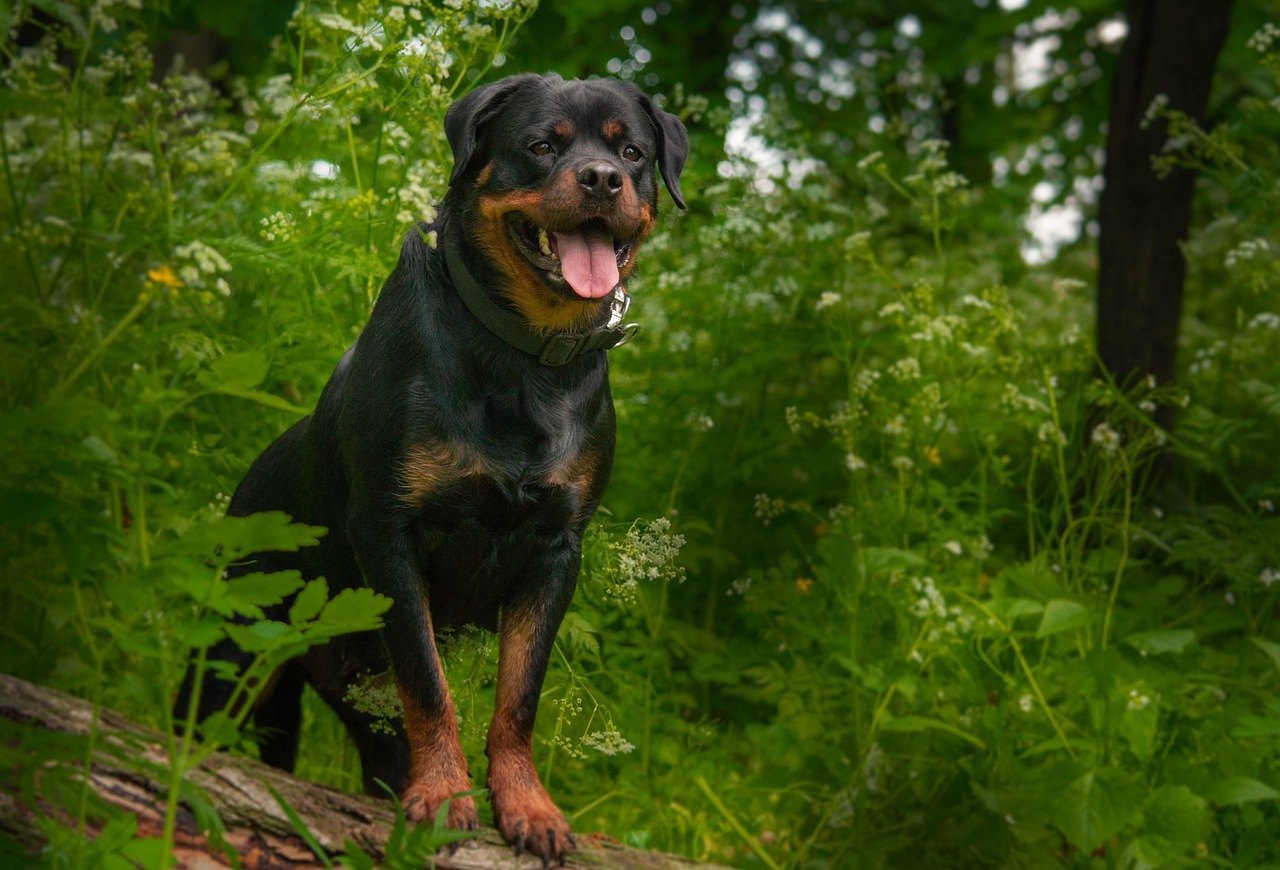
Rottweilers are muscular, confident, and naturally protective. Originally bred to herd cattle and protect property, their loyalty to their families is unmatched. They can be wary of strangers, which makes early exposure to various people and situations crucial. Rottweilers respond best to firm, gentle guidance and clear boundaries. Because of their strength, it’s vital for owners to establish themselves as confident leaders early on. Regular training sessions and social outings will help them learn to relax around new people and environments. Rottweilers are happiest when they have a job to do, so incorporating tasks or agility challenges can keep them engaged and happy.
Doberman Pinscher
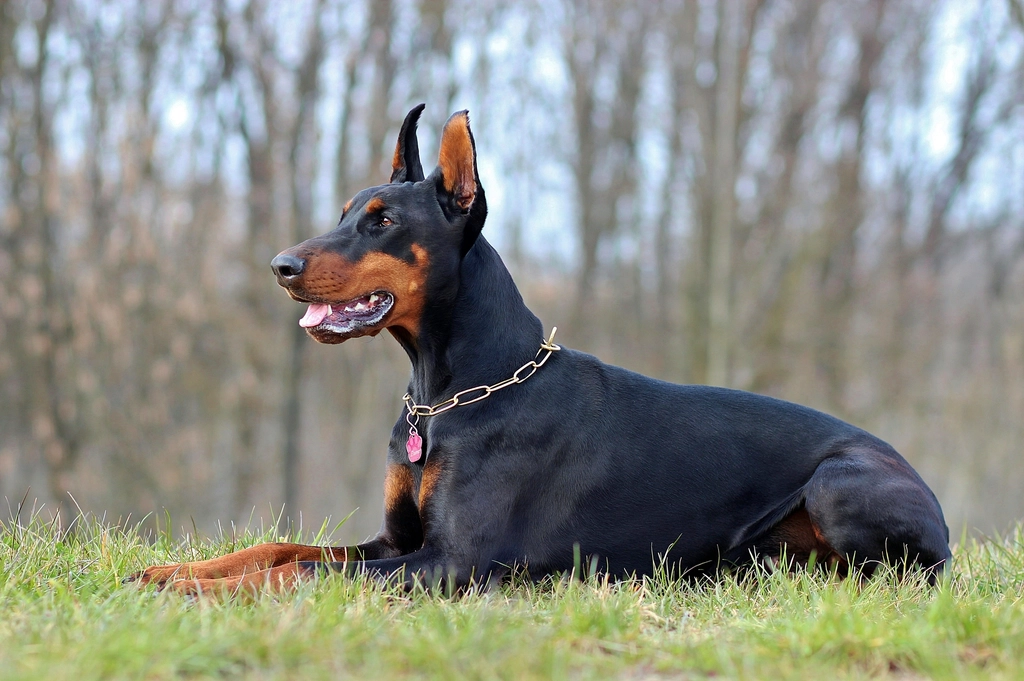
The Doberman Pinscher’s sleek build and piercing gaze are matched by a sharp mind and powerful protective instincts. Known for their loyalty and fearlessness, Dobermans can be both loving family pets and formidable guardians. They are quick learners and thrive on structure, making obedience training a must from puppyhood. Without direction, Dobermans might become overly dominant or territorial. Consistent socialization helps them differentiate between friend and foe, while daily exercise ensures they don’t become bored or anxious. Their sensitivity to their owner’s emotions can be a double-edged sword, making a calm, assertive approach best for training.
Bullmastiff
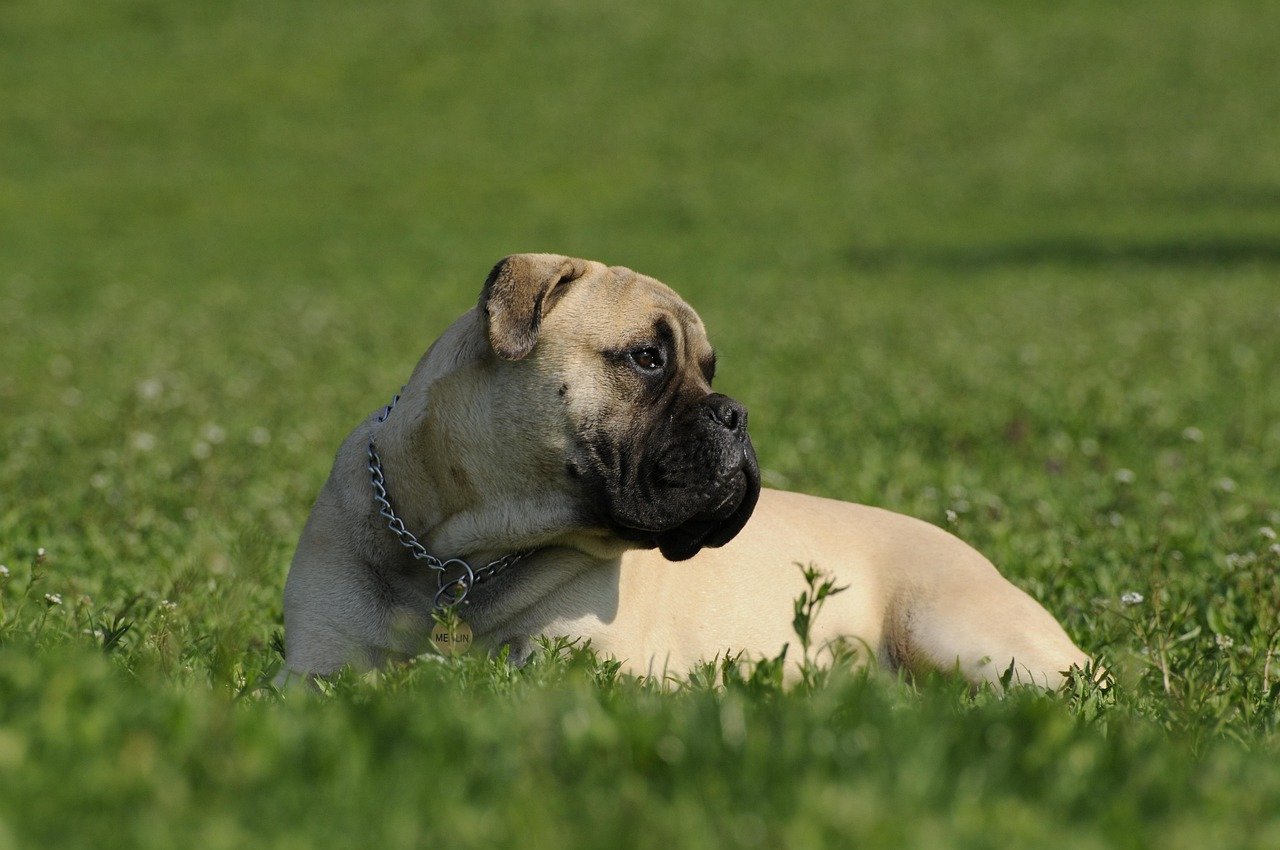
Gentle giants with a heart of gold, Bullmastiffs are natural protectors who rarely bark without reason. Historically, they were used to guard estates, relying on their imposing presence and quick reactions to deter intruders. Despite their size, Bullmastiffs are often calm and affectionate with their families. However, their protective streak can lead to stubbornness or possessiveness if left unchecked. Early obedience training and positive reinforcement are key to managing their behavior. Teaching them to greet guests politely and introducing them to new experiences will help keep their guarding instincts in check while preserving their loving nature.
Boxer
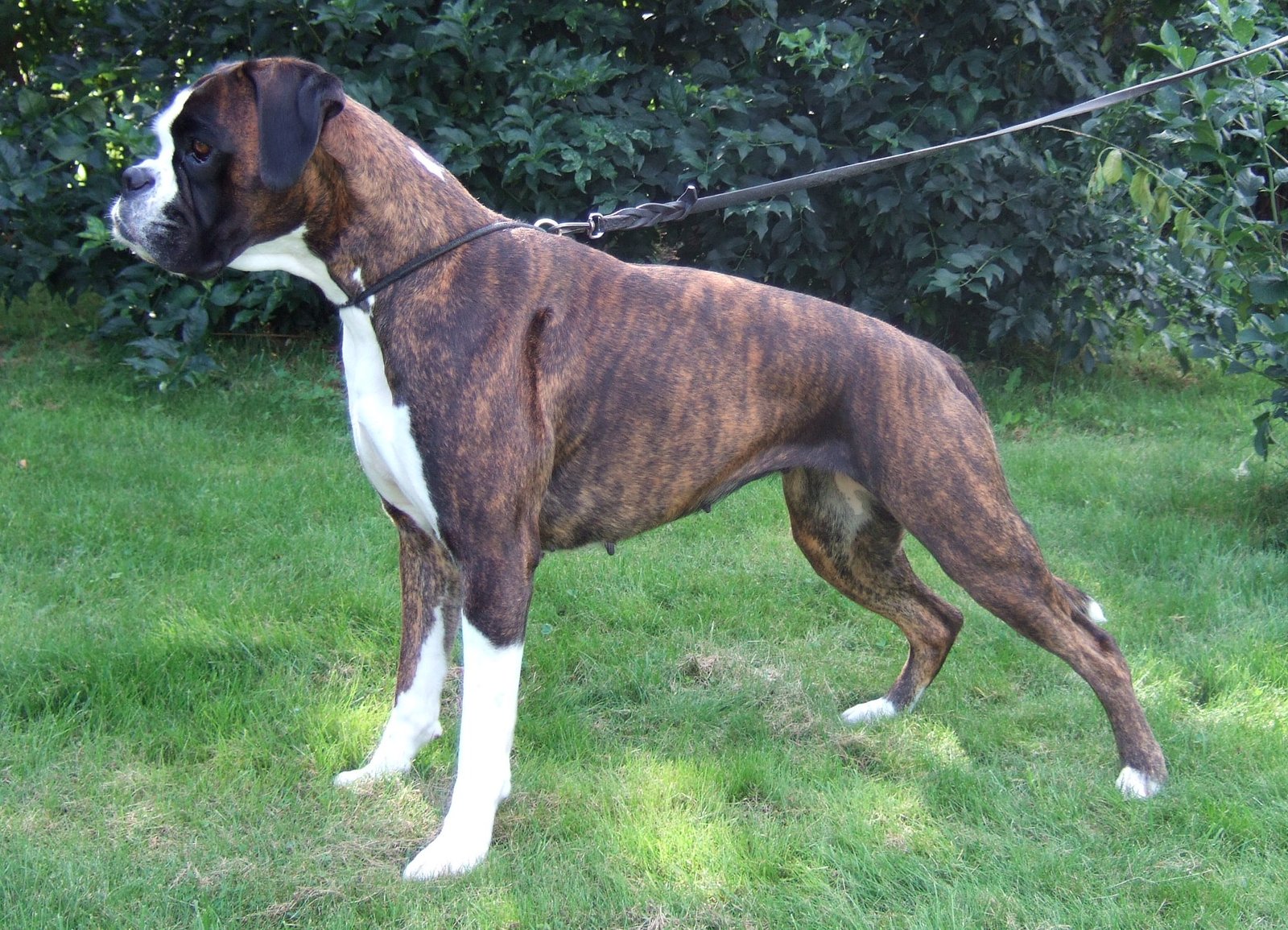
Boxers are known for their playful personalities and boundless energy, but beneath that fun-loving exterior lies a fiercely protective spirit. They are deeply attached to their families and are particularly good with children. While they are generally friendly, Boxers can be wary of unfamiliar people, making socialization important from an early age. Their intelligence and eagerness to please make them quick learners, but their exuberance can sometimes lead to stubborn moments. Setting clear rules, providing consistent guidance, and engaging in plenty of interactive play will help Boxers channel their protective instincts constructively.
Belgian Malinois
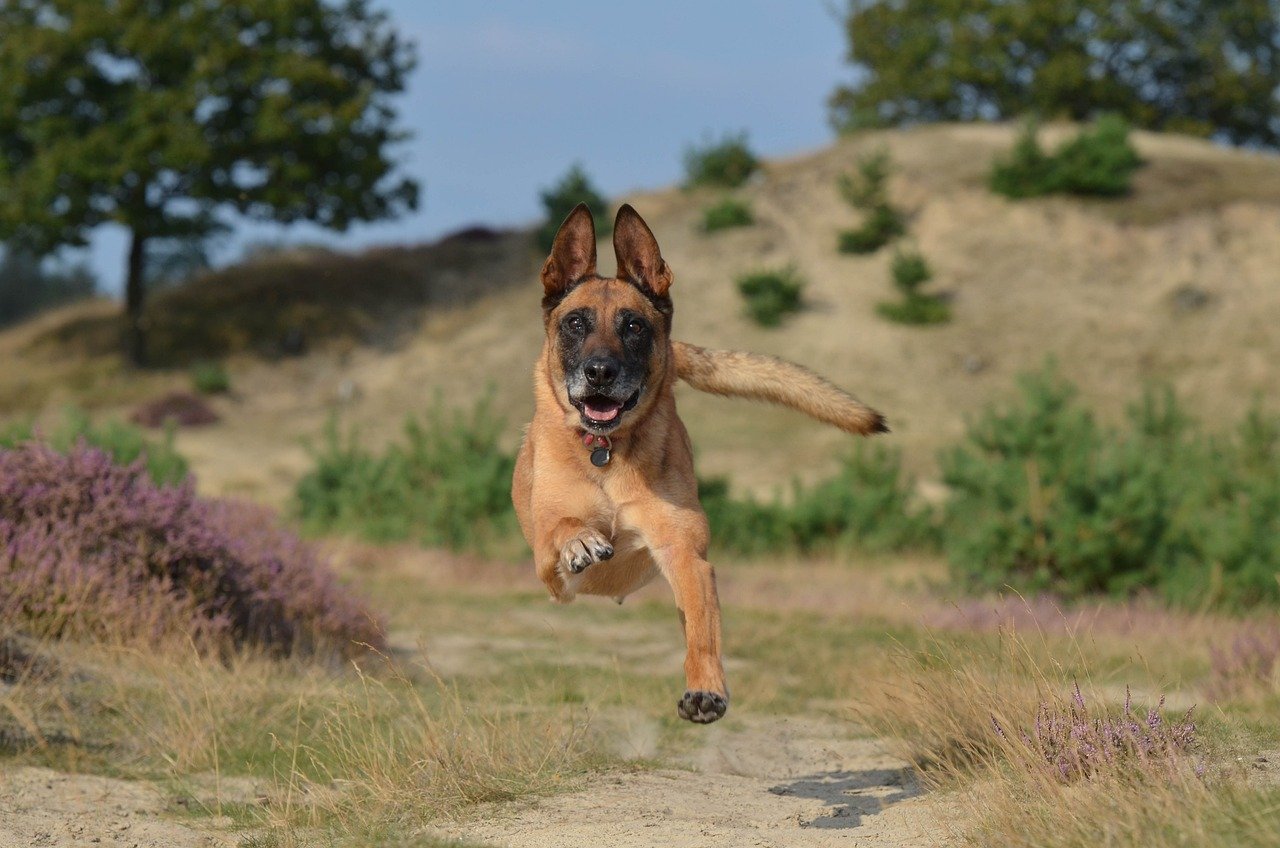
Belgian Malinois are prized for their agility, intelligence, and intense work ethic. Frequently employed in police and military roles, their protective instincts are second to none. These dogs are highly alert and quick to respond to unusual activity, making them exceptional watchdogs. However, their high drive means they need structured training and lots of exercise. Without proper outlets, Malinois can become anxious or overly vigilant. Positive training methods, regular socialization, and challenging activities are essential to keep their minds and bodies engaged, ensuring their protective nature is balanced and manageable.
Akita
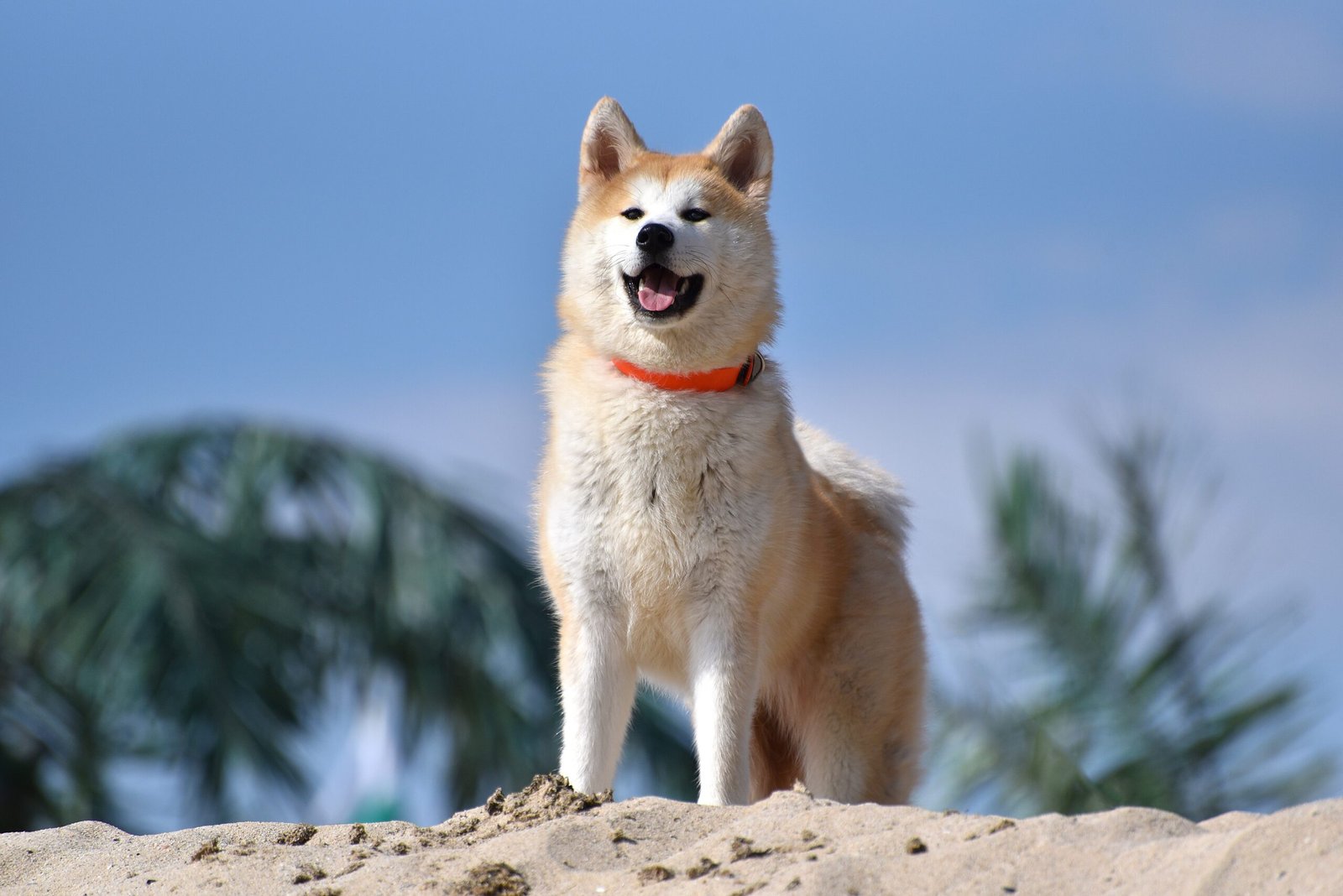
Akitas are dignified and courageous, with a rich history as protectors in their native Japan. They are known for their unwavering loyalty and strong sense of territory, often forming intense bonds with their families. Akitas can be aloof with strangers and sometimes assertive with other animals. Early and ongoing socialization is crucial to teach them appropriate behavior around new people and pets. Consistent, respectful training helps establish trust and ensures Akitas respond well to commands. Owners should set clear boundaries and provide structured routines to help Akitas thrive as loving guardians.
Great Pyrenees
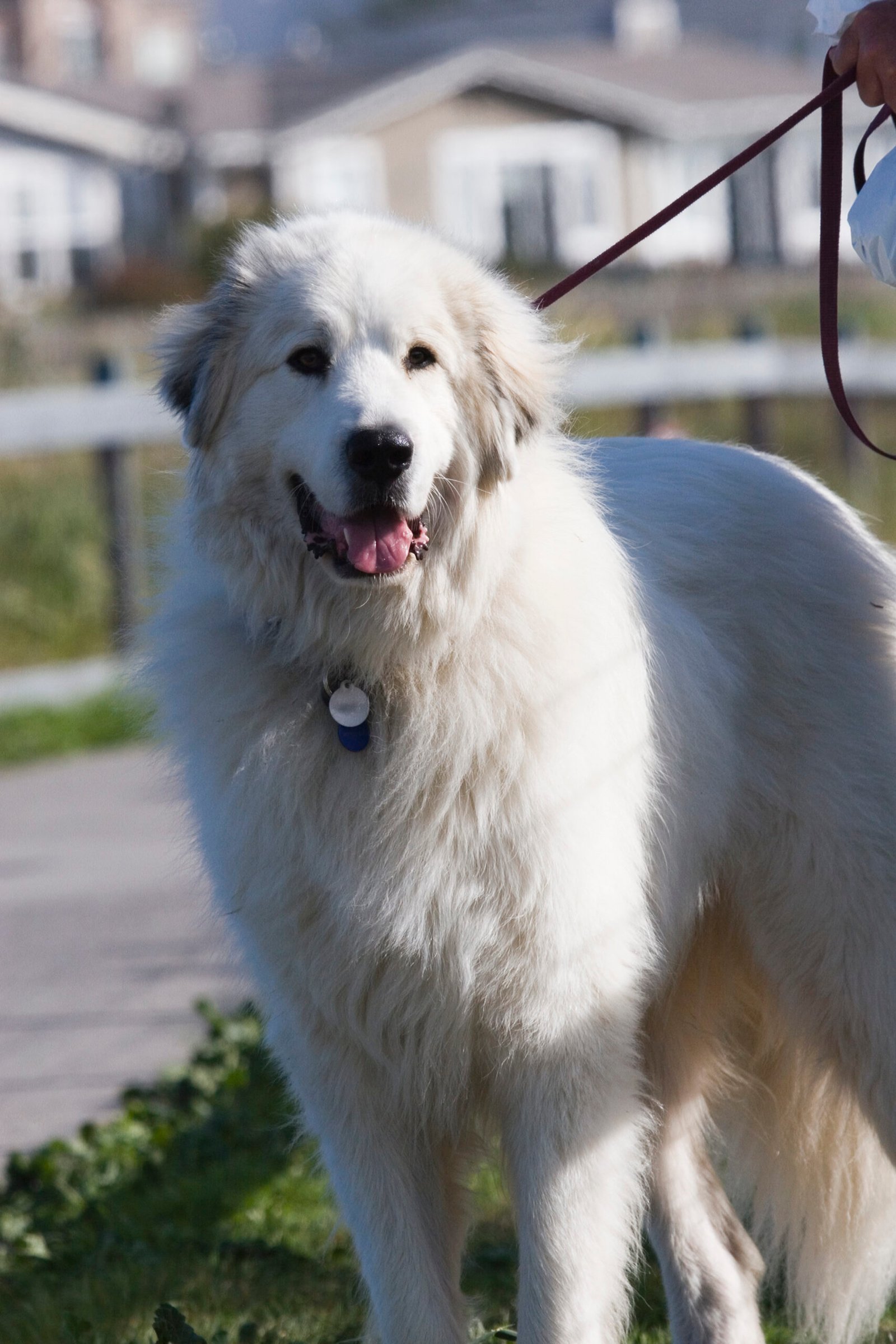
The Great Pyrenees was bred to guard livestock in harsh mountain climates, and their protective instincts remain strong today. These gentle giants are calm, patient, and deeply devoted to their families, making them excellent companions for children. While generally laid-back, Great Pyrenees are quick to act if they perceive a threat. They can be independent thinkers, so training requires patience and consistency. Early socialization helps them adapt to various environments and people, while regular reinforcement of positive behaviors ensures their guarding instincts don’t become overwhelming.
Cane Corso
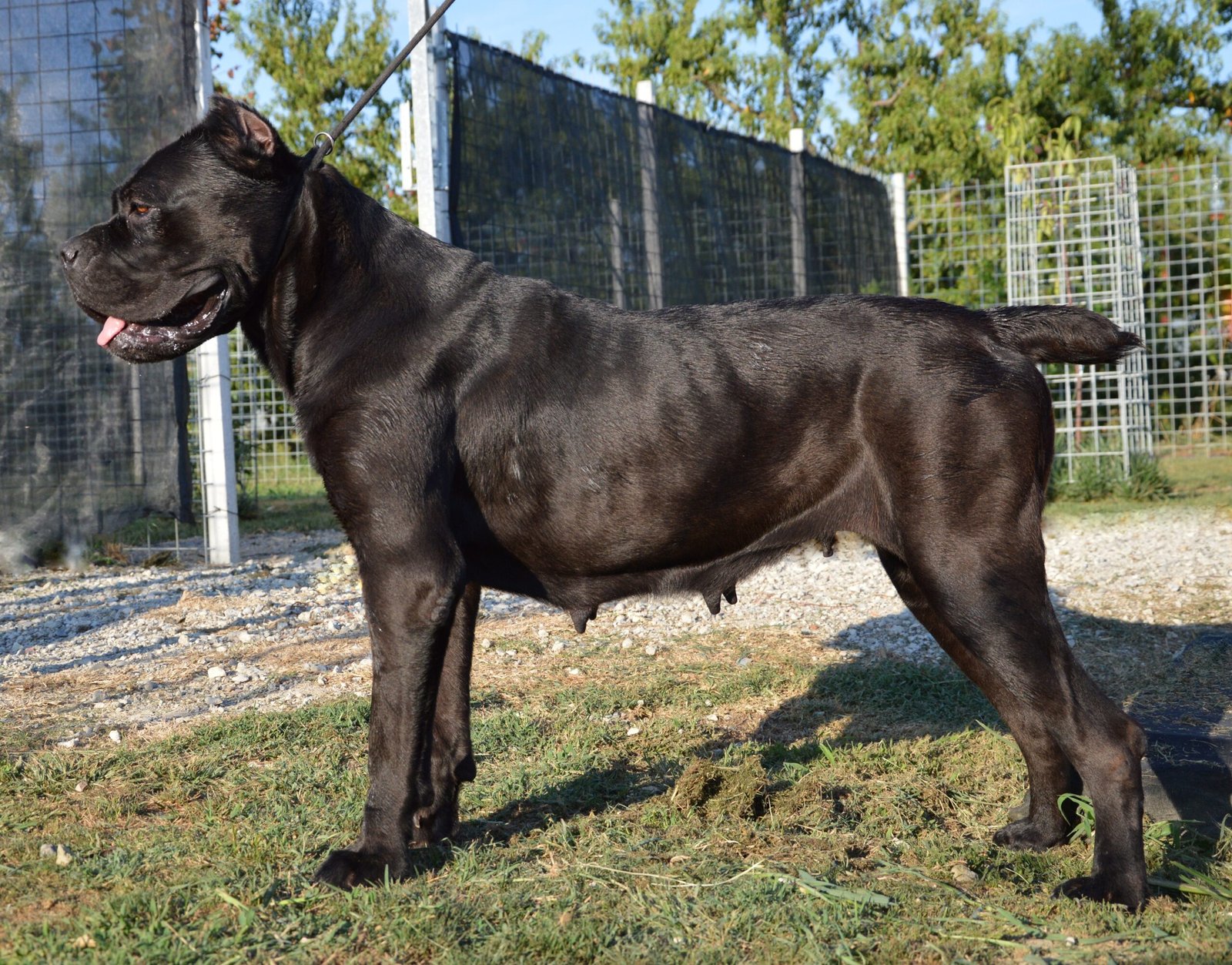
Cane Corsos are imposing, muscular dogs with a deeply ingrained sense of duty to protect. Originally bred in Italy for guarding property and hunting large game, they are both loyal and intelligent. Cane Corsos require experienced handlers who can provide firm, consistent leadership. Early training and socialization are non-negotiable, as these dogs need to learn how to interact appropriately with strangers and other pets. Structured routines, mental stimulation, and clear rules help Cane Corsos channel their protective instincts in a positive direction, making them dependable family guardians.
Giant Schnauzer
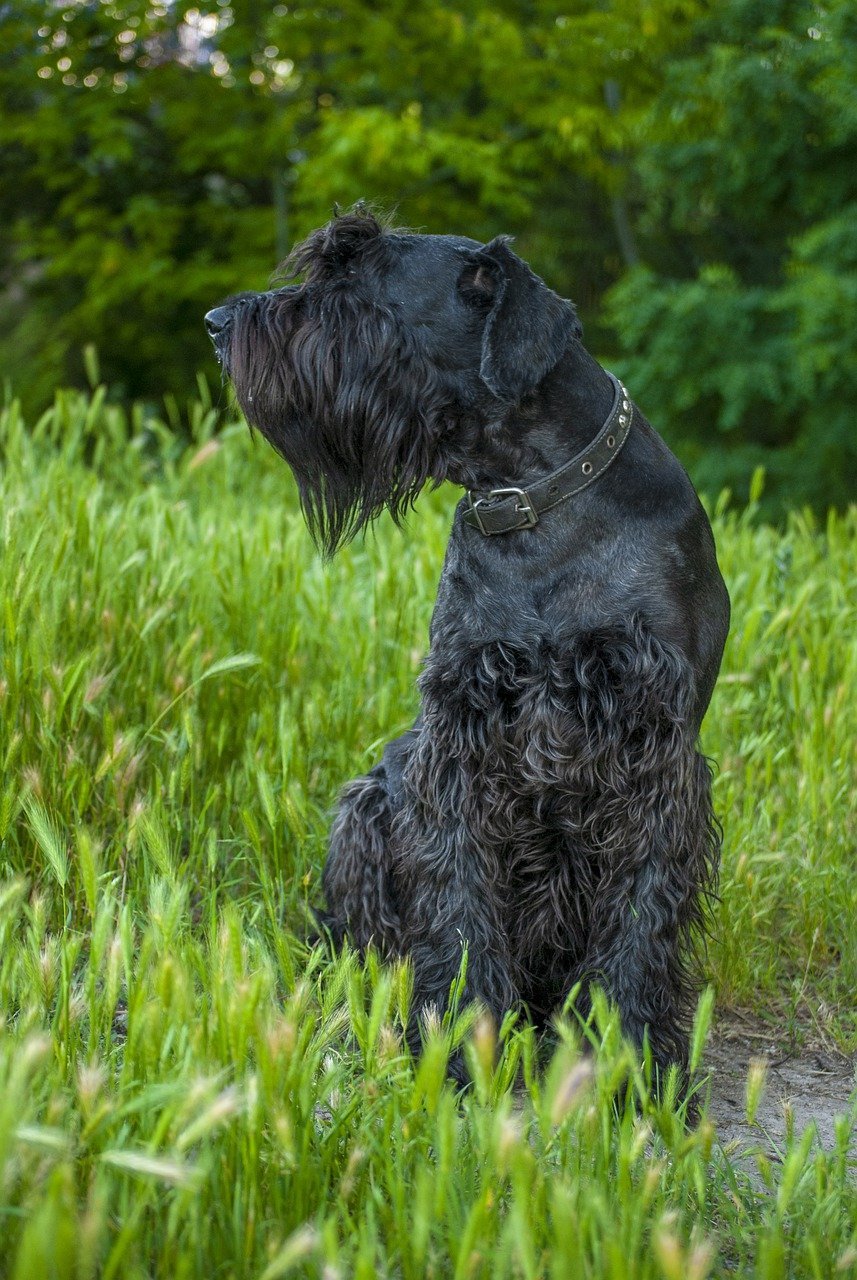
With their distinctive beards and bold personalities, Giant Schnauzers are alert and fiercely loyal protectors. They were originally used to guard farms and livestock, and their courage is matched by their intelligence. Giant Schnauzers are quick to notice unusual activity and will readily alert their owners. Because of their strong will, consistent training is essential. Socializing them from a young age helps prevent overprotectiveness or aggression toward strangers. Regular exercise and engaging activities keep their minds occupied, reducing the risk of boredom-related misbehavior.
Rhodesian Ridgeback
The Rhodesian Ridgeback’s history as a lion hunter in Africa speaks volumes about their bravery and protective instincts. They are independent and intelligent, with a reserved demeanor toward unfamiliar people. While Ridgebacks are affectionate with their families, they can be wary of outsiders. Early and ongoing socialization is key to helping them feel comfortable in different settings. Training should be firm but positive, using rewards to encourage good behavior. Providing outlets for their energy through running or agility activities helps keep their minds and bodies healthy, making them reliable and balanced protectors.
Staffordshire Bull Terrier
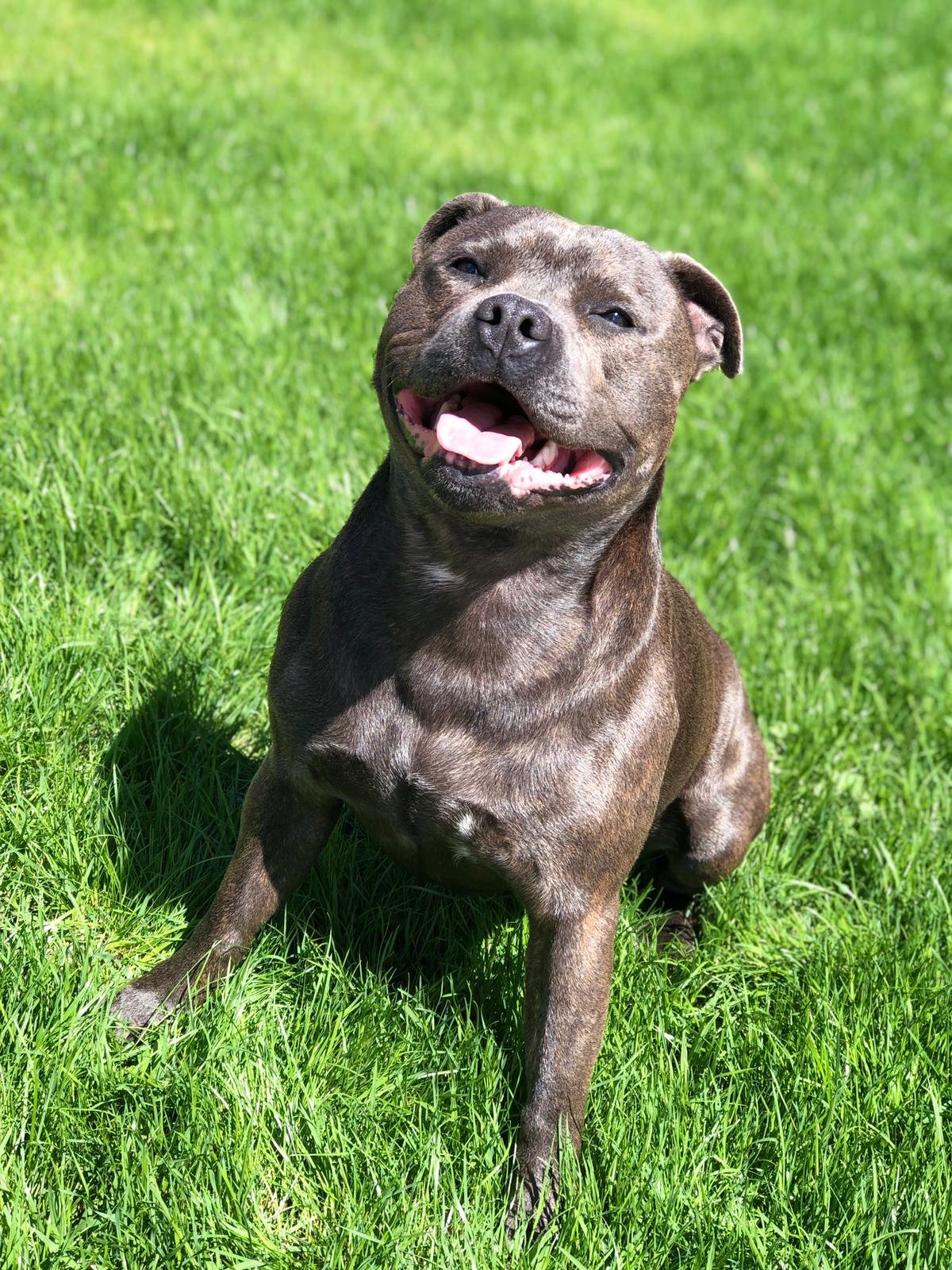
Staffordshire Bull Terriers are often misunderstood due to their muscular build, but they are incredibly loving and loyal to their families. Their protective nature shines when it comes to children—earning them the nickname “nanny dog” in some circles. Staffies can become territorial if not properly socialized, so exposing them to a variety of people and environments from a young age is crucial. Consistent training, clear boundaries, and positive reinforcement help prevent unwanted guarding behaviors. Interactive play and mental challenges keep their protective instincts balanced and manageable.
Kuvasz
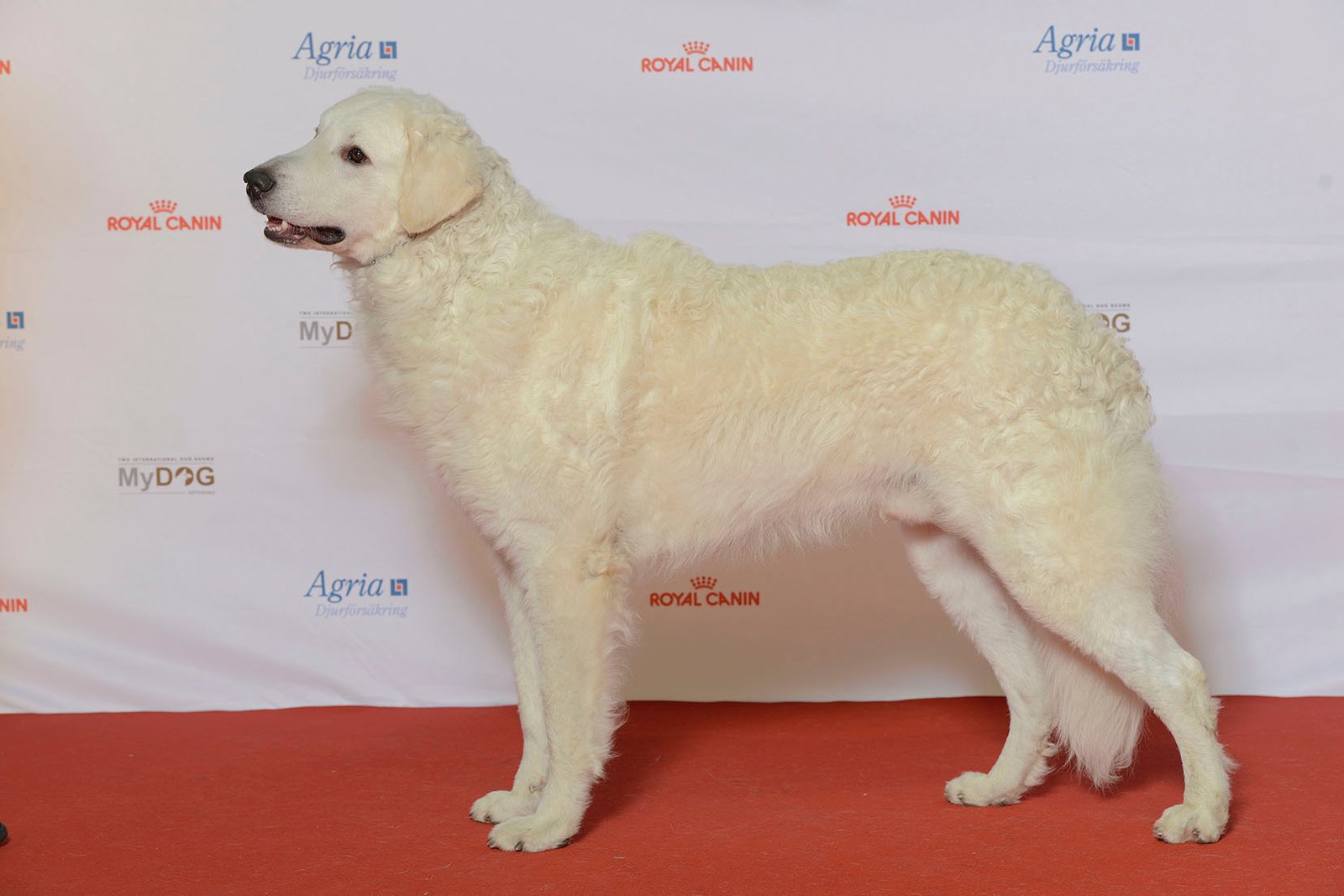
The Kuvasz is a majestic Hungarian breed originally used to guard livestock. Their white coats and regal appearance are matched by a fearless, independent spirit. Kuvasz dogs are deeply attached to their families but can be wary of strangers, making early socialization essential. Training should be consistent and patient, as these dogs are intelligent but sometimes stubborn. Setting clear routines and boundaries helps them understand their role within the family. Kuvasz thrive when given meaningful tasks, so involving them in activities or jobs around the home helps channel their protective energy.
Anatolian Shepherd
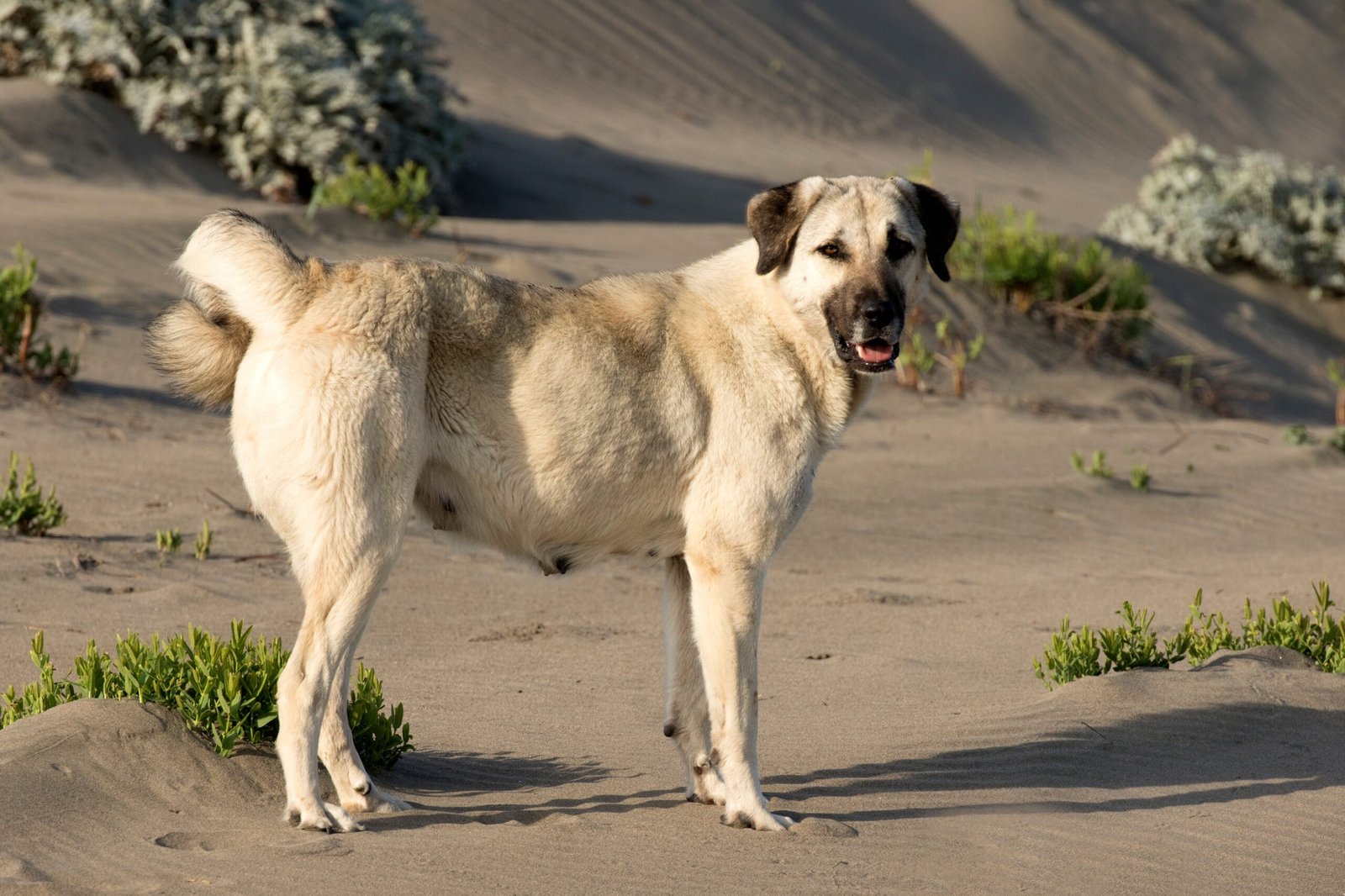
Anatolian Shepherds are powerful, independent dogs bred to guard flocks in Turkey. Their loyalty to their charges is legendary—they will bravely confront predators many times their size. At home, Anatolians are calm and affectionate with their families but may be reserved with strangers. Early and frequent socialization is vital to prevent overprotectiveness or suspicion. Training should focus on building trust and reinforcing positive behaviors, using rewards rather than harsh corrections. Giving Anatolian Shepherds responsibilities, such as guarding property or participating in agility, helps satisfy their need for a job.
Belgian Tervuren
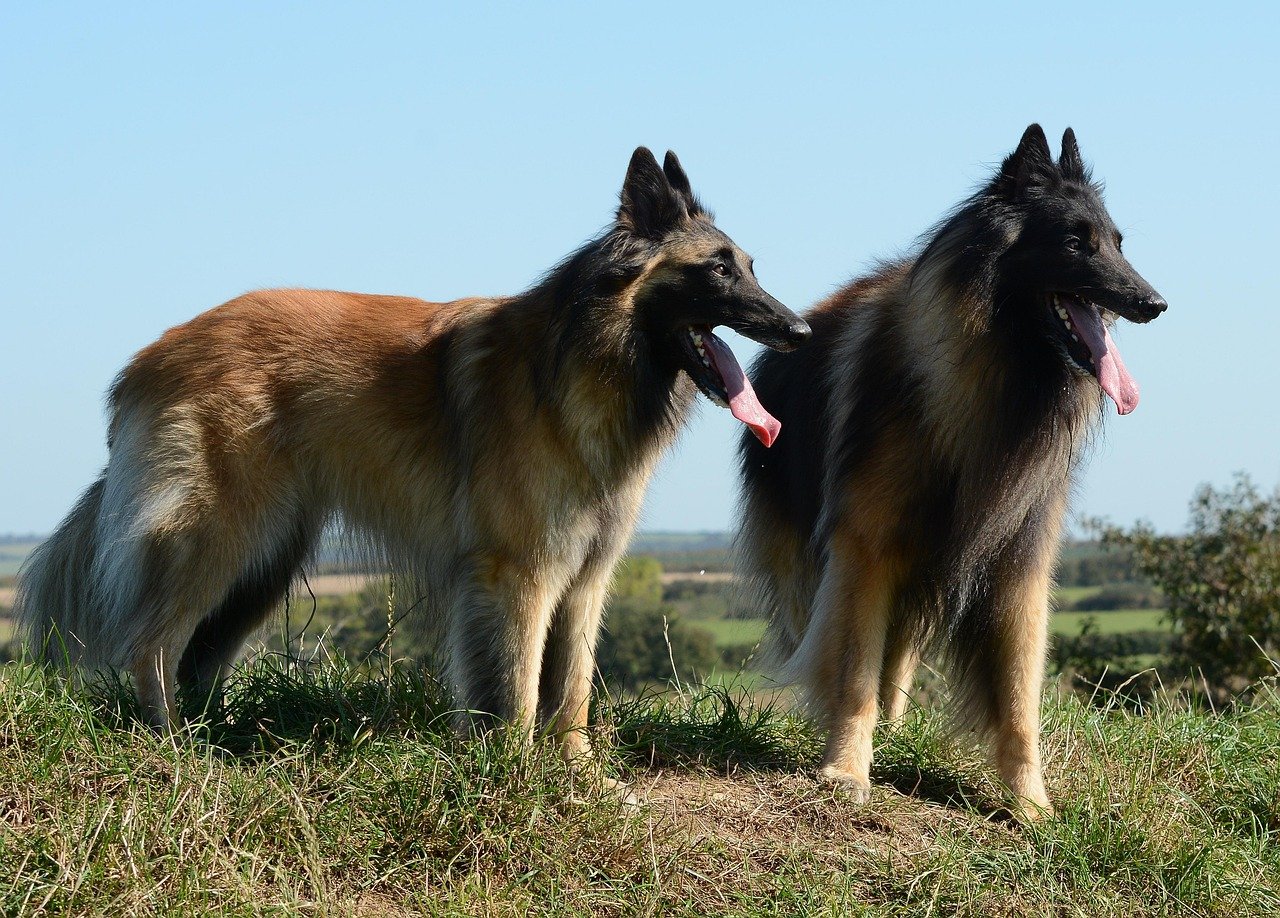
Belgian Tervurens are elegant, intelligent, and highly trainable. Bred for herding and guarding livestock, they are naturally protective and quick to respond to any perceived threat. Tervurens form strong bonds with their families and are often eager to please. Regular training sessions that include socialization and obedience are essential to prevent them from becoming overly protective or anxious. Providing mental challenges, such as tracking or advanced obedience work, helps keep their minds sharp and their behaviors well-balanced. Positive reinforcement and gentle guidance work best with this sensitive breed.
Komondor
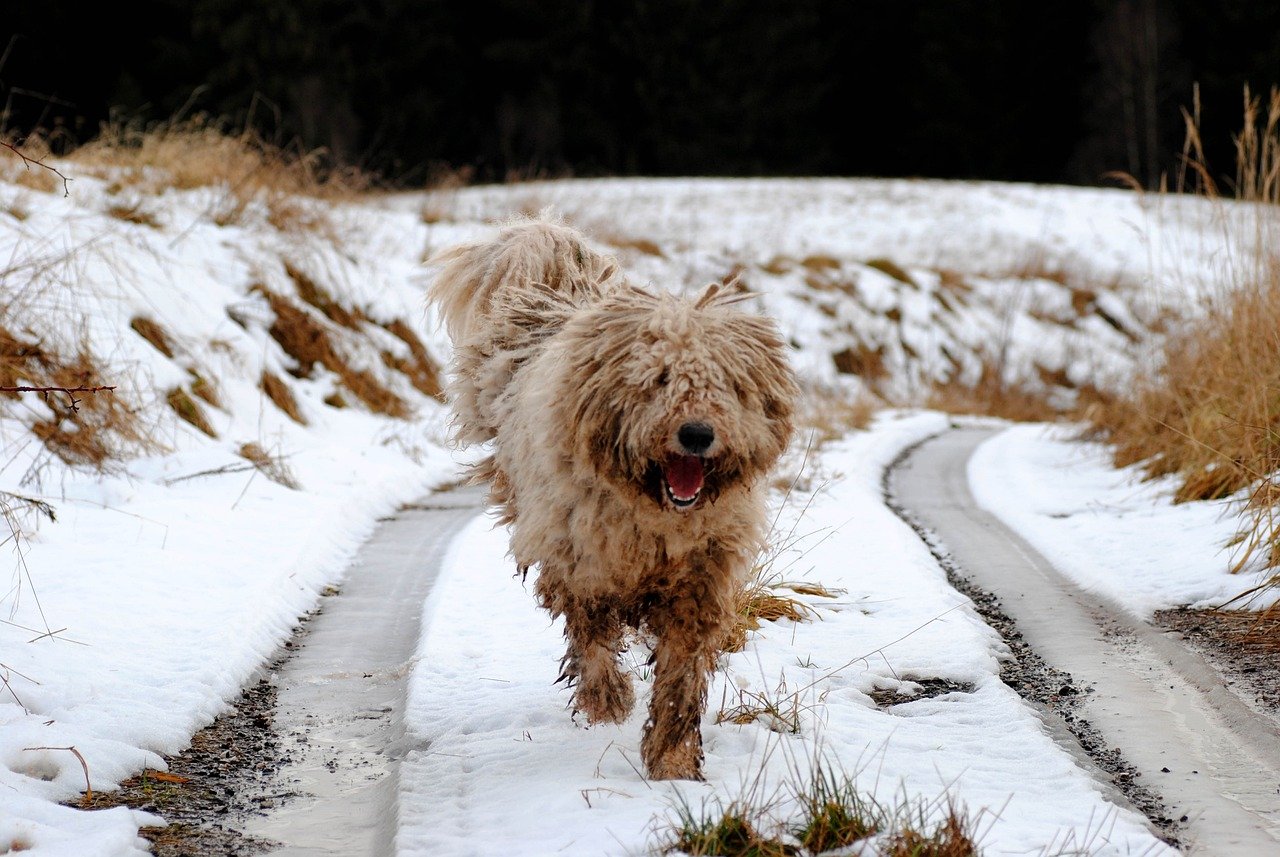
Komondors, often recognized by their unique corded coats, were bred to guard livestock in Hungary. Their appearance may be striking, but their protective nature is even more remarkable. Komondors are independent thinkers and can be wary of strangers, making early socialization crucial. Training requires patience and consistency, as they can be stubborn. Establishing routines and providing mental stimulation help prevent boredom and unwanted behaviors. Involving Komondors in family activities and giving them responsibilities, such as guarding the home, helps satisfy their protective instincts.
Tibetan Mastiff
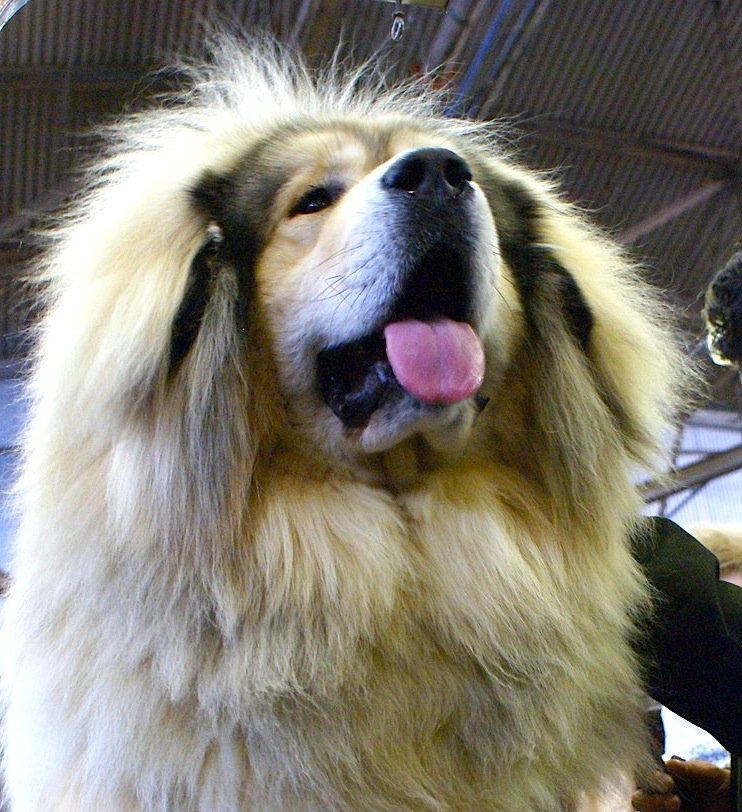
Tibetan Mastiffs are ancient guardians, originally bred to protect livestock in the harsh Himalayan mountains. Their imposing size and strong-willed nature make them formidable protectors. Tibetan Mastiffs are loyal to their families but can be aloof or even suspicious of outsiders. Early, consistent socialization and training are essential to prevent aggression or excessive guarding. Owners should set clear rules and provide plenty of mental and physical stimulation. Tibetan Mastiffs prefer to make their own decisions, so positive reinforcement and patience are key to earning their trust and cooperation.
Presa Canario
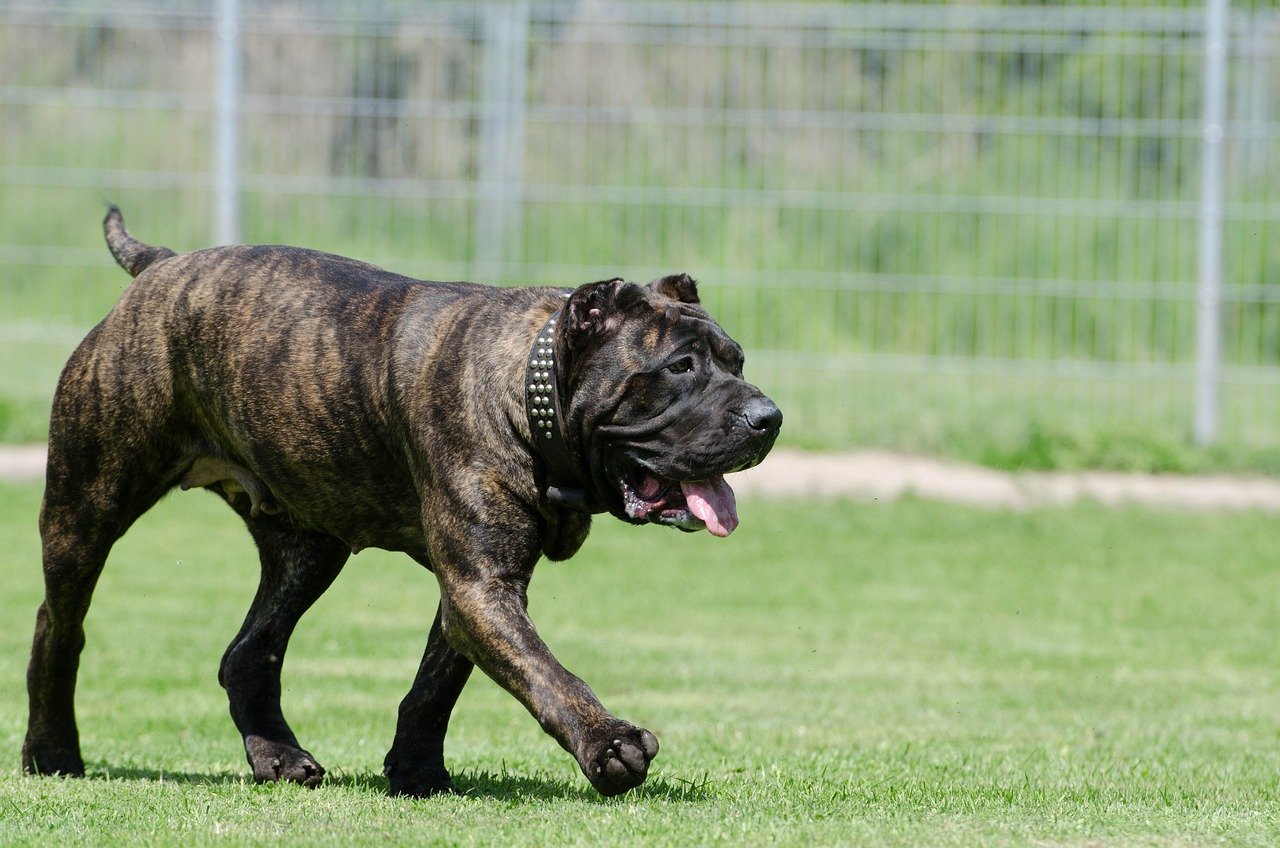
Presa Canarios are powerful, confident dogs from the Canary Islands, known for their protective instincts and devotion to their families. Their muscular build and commanding presence can be intimidating, but with proper training, they are loyal and affectionate companions. Early socialization and obedience training are absolutely necessary to ensure they distinguish between real threats and normal situations. Presa Canarios need experienced owners who can provide firm, consistent leadership. Regular exercise, mental challenges, and clear boundaries help them feel secure and well-adjusted in their role as protectors.
American Bulldog
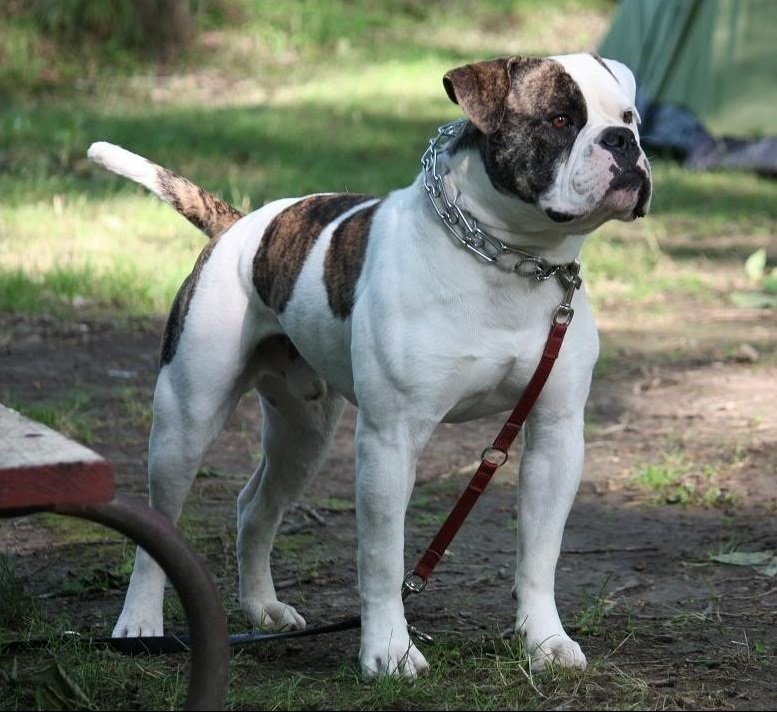
American Bulldogs are strong, athletic, and deeply loyal. Originally bred for farm work and guarding property, their protective instincts are still very much alive today. They are affectionate with their families and often gentle with children, but can be wary of strangers. Early socialization and ongoing training are crucial to prevent unwanted guarding or territorial behaviors. American Bulldogs thrive on positive reinforcement and clear guidelines. Providing them with plenty of physical activity and interactive play helps channel their energy and protective nature in healthy ways.
Estrela Mountain Dog
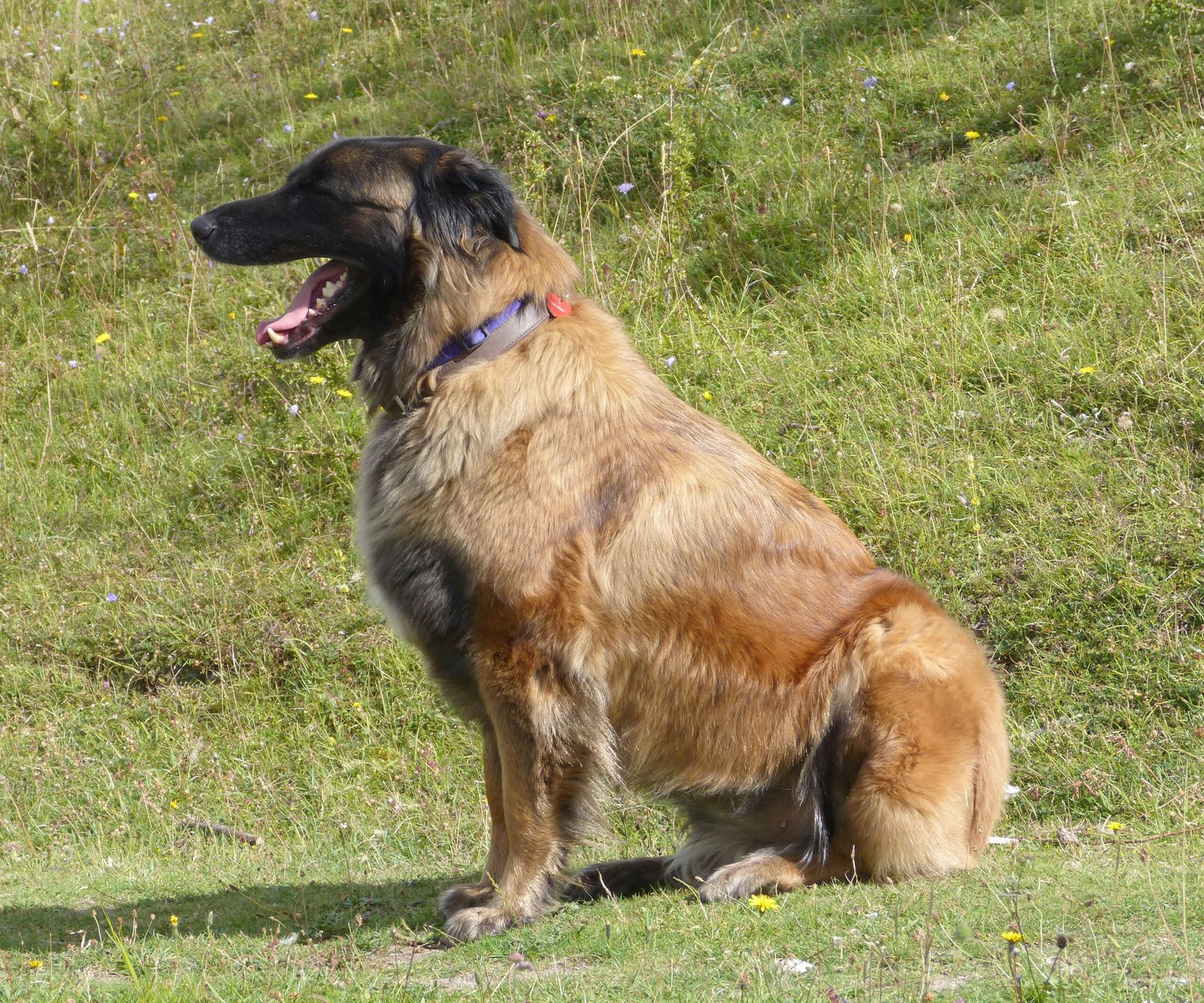
The Estrela Mountain Dog is a courageous and loyal breed from Portugal, known for its strong guarding instincts. Originally used to protect livestock in mountainous regions, Estrelas are affectionate with their families but can be reserved with new people. Early and consistent socialization is key to helping them feel comfortable in different environments. Training should be gentle but firm, focusing on building trust and reinforcing desired behaviors. Estrela Mountain Dogs benefit from having meaningful tasks and regular exercise, which help satisfy their need to protect and serve their loved ones.
Protective dog breeds can make incredibly loyal and dependable companions, but their natural instincts need the right structure, socialization, and training to truly shine. By understanding your dog’s breed-specific traits and guiding them with patience and consistency, you can channel their protective nature into calm confidence rather than fear-driven behavior. With the right approach, these devoted guardians won’t just watch over your home — they’ll become trusted, well-balanced members of your family.

Born and bred in South Africa, a Capetonian at heart. Amy-Leigh’s love for nature and animals was inherited from her Dad. He loves taking the family on road trips to experience nature at its finest; Amy-Leigh’s favourite being whale watching in Hermanus and spotting Kudu along the West Coast. Amy-Leigh holds a BA in English Literature and Communication Studies.






